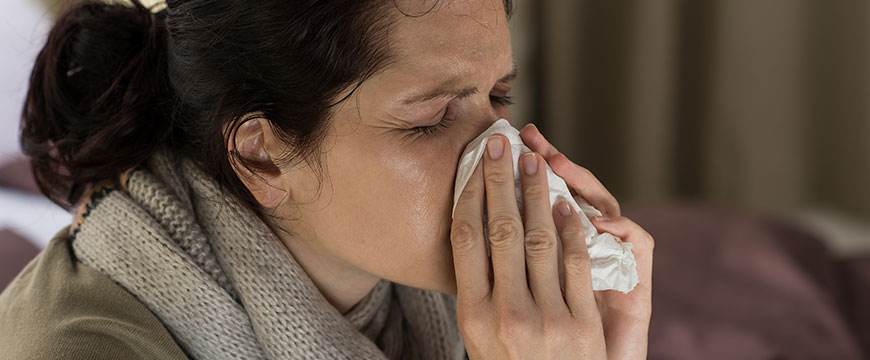
Millions of people around the world are living with asthma. For one thing, asthma can be detrimental to one’s daily life. It can also be caused by several triggers including excessive physical exertion and stress. Nonetheless, it is important to keep the symptoms in check to prevent asthma attacks. Also, you should consult an asthma doctor to help you manage your symptoms and live a normal life as possible.
Expense implications as an asthmatic person
As an asthmatic person, it can be challenging to stay healthy. That it is one of the most important arsenals of every asthmatic is the inhaler. It comes in handy in case of asthma attacks whenever and wherever you are. Unfortunately, asthma treatments can be way expensive whether you have insurance or not.
More so, if more than one family member (aside from you) suffers from asthma means additional expense. Consulting an allergist may also cost you fees to help manage your condition. In other words, asthma treatments can greatly impact one’s finances but usually have no choice but to avail to avoid further health complications.
Popular asthma treatments such as Ventolin and Symbicort can cost as much as hundreds of dollars per prescription. But the question is whether there are cheaper alternatives for asthma medications. The good news: yes, you can avail of asthma medicines that are way more budget-friendly and effective.
Cost-saving asthma medications
Here are some easy ways you can save on expensive asthma medications.
Deals and discounts
For one, several pharmaceutical companies offer enticing deals including asthma medications. You can even avail a year’s worth of asthma medicines depending on the deal and save money by using discount coupons and the like.
There are also programs specially meant for asthma patients that offer discounts or even free asthma medications. However, you might need to comply with specific requirements before you can avail of such deals.
Price comparison
Check various pharmacies and membership stores and compare their asthma medicine prices. From there, you would know which the best deals are and make a purchase decision depending on your budget.
Free samples
Your allergist doctor may give you some samples if he or she has some on hand. These samples are mostly given by sales reps who want medical experts (including your asthma doctor) to recommend their medicines to their patients. You can take advantage of these freebies while you still can. Unfortunately, these samples may only be limited and may be harder to get in the market after a few months or years. Your doctor knows better when it comes to properly manage your asthma.
Shift into another insurance plan
Make sure to stay updated with enrolment deadlines especially if you are planning to buy insurance on the Health Insurance Marketplace. Your children may also qualify for your state’s health insurance program. You can also check other insurance companies’ websites as well. It is also important to note that you can file an appeal in case your insurance provider has denied payment for your asthma medications.
Why are asthma medications expensive in the first place?
Some reports revealed that the cost of asthma inhalers spiked as much as 56 percent from 2013 to 2018 depending on the brand. Some insurances do cover asthma treatment. However, some well-known asthma treatments may either be excluded or subjected to a higher copay.
Living in a low-income household can be more challenging when it comes to affordable asthma treatments. Research showed that those living in low-income areas have higher asthma rates. Imagine suffering from this condition and having no way to treat it with a limited budget in your pocket.
Until 2005, asthma inhalers contained CFC which is not environment-friendly but effective and affordable. As a result, this ingredient was eventually banned due to its potential environmental damage.
Later on, pharmaceutical companies were able to shift into patented ones without the CFC (in exchange for another ingredient, HFA) but did allow huge price increases. On a positive note, there are generic asthma medications now available that are more affordable.
Conclusion
Getting sick can be expensive. But sometimes, such medical conditions like asthma are usually inherited or because of their living conditions. Nonetheless, paying for medications can take a toll on your budget.
Fortunately, there are ways to avail of asthma medications without spending too much, as mentioned above. More importantly, feel free to consult the best allergist in Germantown for your allergy and asthma-related concerns.



